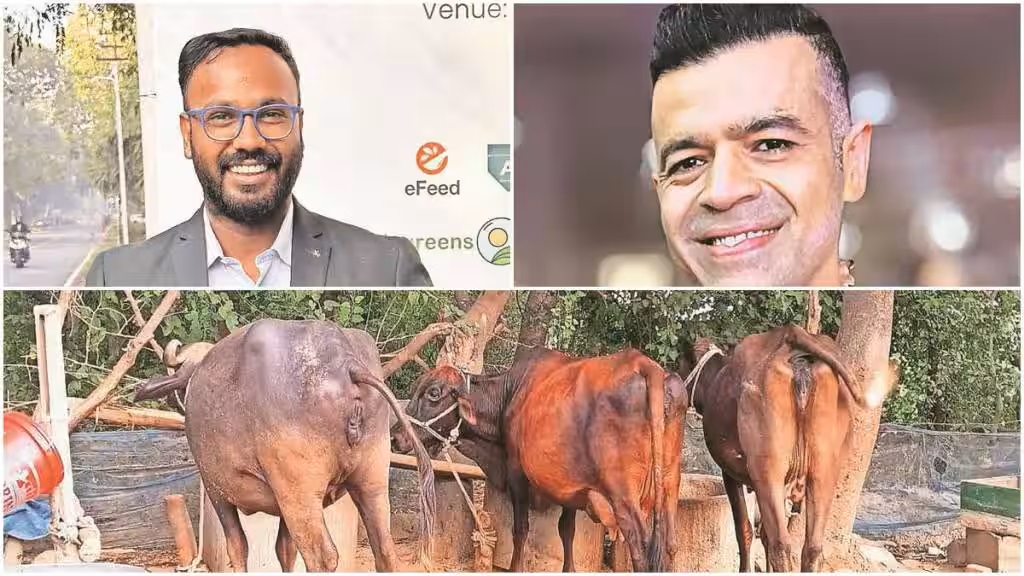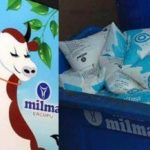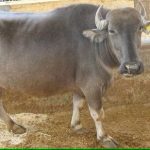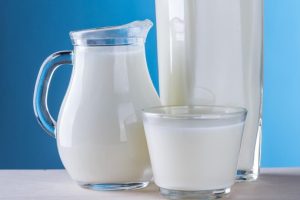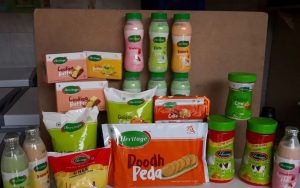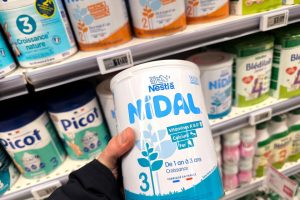
Farmers are optimising animal feed with data-driven insights.
Methane is a significant greenhouse gas contributing to climate change, and dairy cows are a major source of these emissions. Modern technology can help address the issue. For instance, livestock farming startup eFeed has developed VetVantage, an AI-based SaaS platform designed to help dairy companies manage and reduce methane emissions from their cattle and monetise their sustainability goal by the means of carbon credits.
There are other players in the arena too; startups like Connecterra, CattleEye and Faromatics, are leveraging AI and sensor technology to optimise livestock management. Even state-owned institutes like the Central Institute for Research on Cattle, Meerut, and Central Institute for Research on Buffaloes, in Hisar, are exploring AI and sensors for efficient livestock farming.
Efeed’s latest version, MethaneTracker 2.0, offers a comprehensive solution to one of the most pressing environmental challenges in livestock emissions. “We have impacted over 200,000 farmers so far, helping them achieve higher returns on their investments. Farmers have seen an average 30% milk improvement in regions like UP, MP and Bihar,” said Kumar Ranjan, CEO, eFeed. “We are operating with large farms and dairy companies in India, EU and US. The platform’s algorithms capture enteric methane emissions from free-grazing cattle and precisely measure methane emissions from cattle,” he revealed.
“Farmers are the backbone of our supply chain,” said Ravin Saluja, director at Sterling Agro Industries, whose subsidiary is Nova Dairy that launched a comprehensive initiative aimed at improving animal welfare within its cattle supply chain. “We believe that by empowering them with knowledge and tools, we can collectively enhance the health and productivity of our cattle.”
Saluja said the dairy cattle’s health significantly impacts milk quality and quantity. Stressed or unhealthy cows are less efficient in milk production. A restricted cow typically produces 15-20 litres a day, while a freely grazed cow can produce upto 25 litres per day. The increased milk production in free-grazing cows is attributed to their reduced stress levels and improved overall health, he informed.
According to Ranjan, AI-powered livestock management uses artificial intelligence, machine learning, and data analytics to optimise livestock production. This involves collecting and analysing data from sensors, cameras, and farm records, to provide insights, automate processes, and support decision-making for improved animal health, welfare, and environmental sustainability.
“For instance, VetVantage is methane emission calculator that leverages AI, precision animal nutrition and geospatial data . It provides dairy companies with accurate estimates of their cattle methane emissions,” Ranjan said. Basically, dairy companies receive precise methane emission estimates by inputting detailed information about their geographies, animals and feed. This empowers them to make informed decisions about feed management.
“Earlier, my cow produced about 2.5 litres of milk per day. After using eFeed’s products and customising my cattle’s diet, milk production has increased to 4 litres daily. My cattle are healthier and more immune to diseases, which has reduced my monthly expenses by 25%,” said Brijesh Yadav, a farmer from Gaur village in Uttar Pradesh.
Quotes
AI-powered systems can help farmers create personalised feeding plans for each cow
Kumar Ranjan, CEO, EFeed
By empowering farmers, we can improve cattle health collectively
Ravin Saluja, director, Sterling Agro Industries
You can now read the most important #news on #eDairyNews #Whatsapp channels!!!
🇮🇳 eDairy News ÍNDIA: https://whatsapp.com/channel/0029VaPidCcGpLHImBQk6x1F
